About Us
The Retinal Dystrophy Clinic is a multidisciplinary clinic with the goals of providing early and precise diagnosis for patients and offering innovative and trusted treatments to restore vision or stop progression of disease.
This includes being one of the ocular gene therapy treatment centers in the U.S. that is approved to offer LUXTURNA, an FDA-approved gene therapy.
Patients are seen at the Vision Institute at the UPMC Mercy Pavilion. Once the UPMC Vision Institute is open, the clinic will move to that location. Low vision and genetic counseling services are also offered. Opportunities for no-cost genetic testing are available for most patients.
Our Primary Team
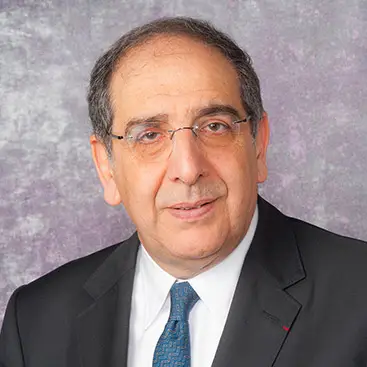
José-Alain Sahel, MD
Distinguished Professor and Chairman, Department of Ophthalmology
The Eye & Ear Foundation Endowed Chair
University of Pittsburgh School of Medicine
Director, UPMC Vision Institute
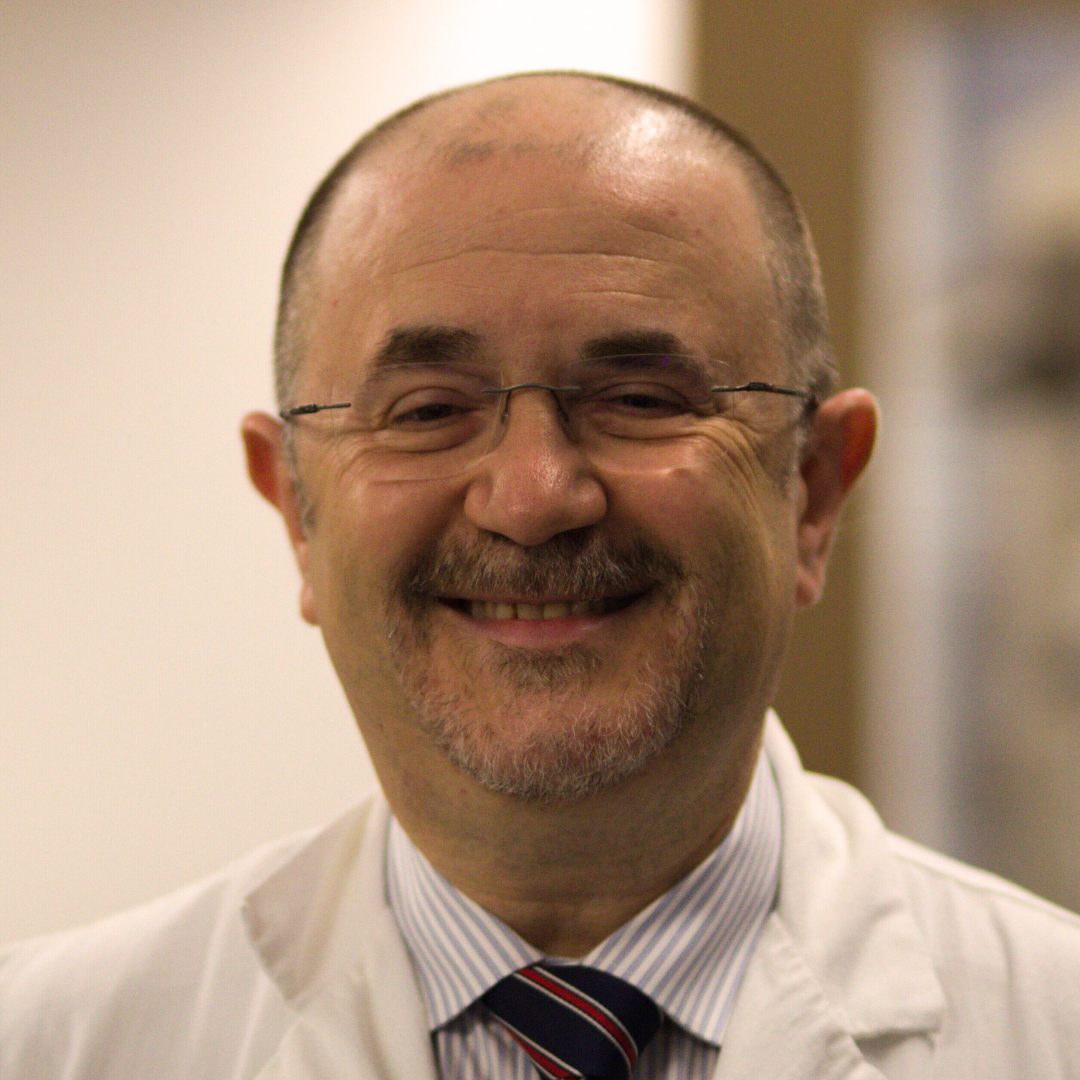
Boris Rosin, MD, PhD
Retina and Vitreoretinal Surgery Service
Assistant Professor of Ophthalmology
University of Pittsburgh School of Medicine

William Smith, OD
Director, Low Vision Service
Assistant Professor of Ophthalmology
University of Pittsburgh School of Medicine
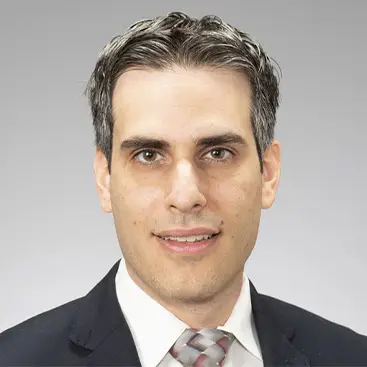
Joseph Martel, MD
Vice Chair, Patient Experience and Access
Retina and Vitreoretinal Surgery Service
Associate Professor of Ophthalmology
University of Pittsburgh School of Medicine
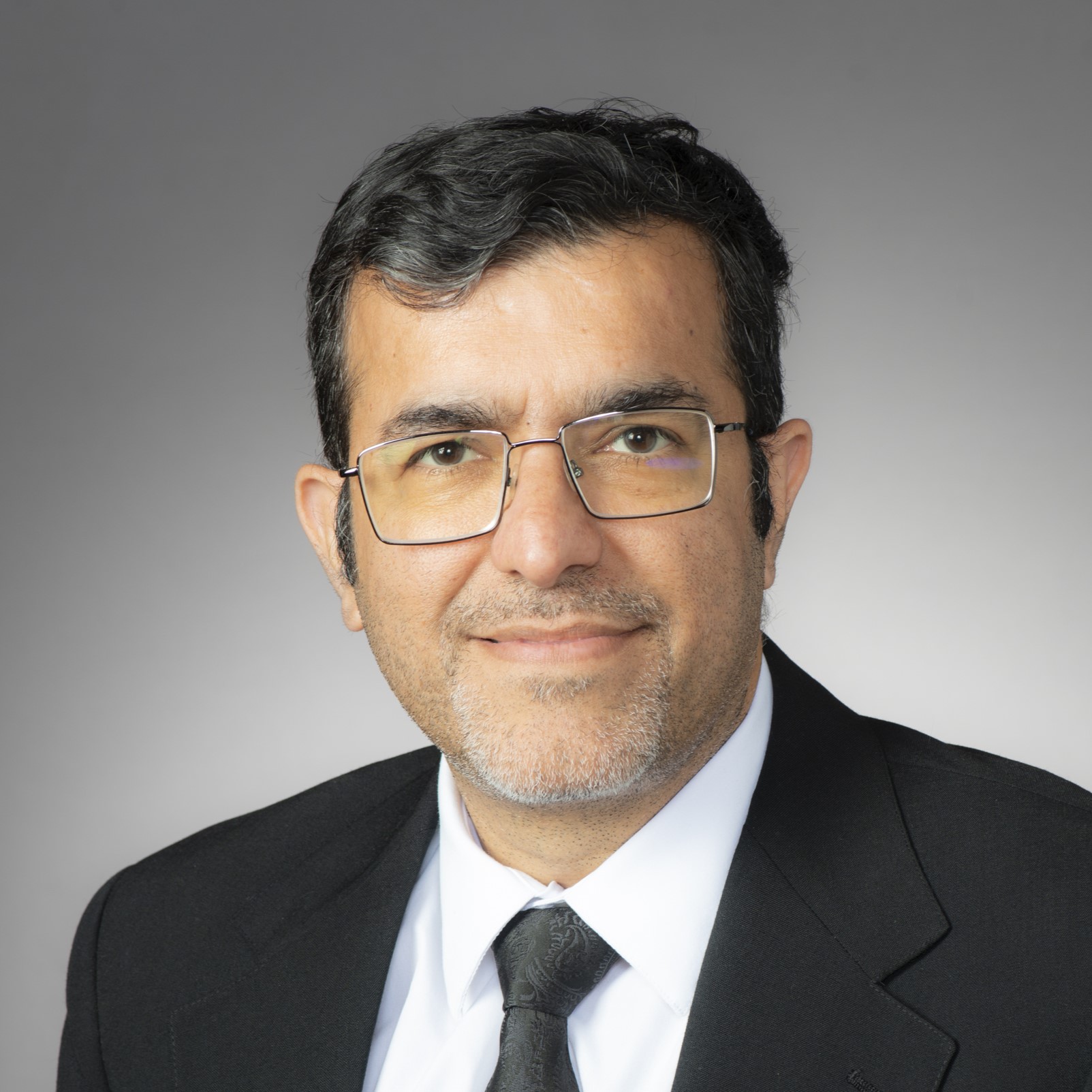
Jay Chhablani, MD
Vice Chair, Clinical Trials
Director, Clinical Research, UPMC Vision Institute
Professor of Ophthalmology
University of Pittsburgh School of Medicine

Michelle Alabek, MS, CGC
Licensed Genetic Counselor
Department of Ophthalmology
University of Pittsburgh Medical Center
Therapies
The therapies available to stop progression or restore vision are rapidly advancing. LUXTURNA gene therapy may be an option for patients with disease caused by the RPE65 gene who still have viable retinal cells. It is administered as a one-time treatment underneath the retina.
There are many other therapies in clinical trials and pre-clinical development. We are proud to offer several of these trials. In some cases, UPMC is the only U.S.-based site. We are also fortunate to be able to collaborate with several scientists in our department who are researching and developing new therapies, including the following:
Not every therapy will be appropriate for every patient. Multiple details must be considered to determine if a given therapy may be an appropriate option, including age, diagnosis, genetic result, and stage of disease. Each time a patient is seen in our clinic, we provide a personalized assessment and education about the current landscape of therapies that may be relevant in the short and long-term.
